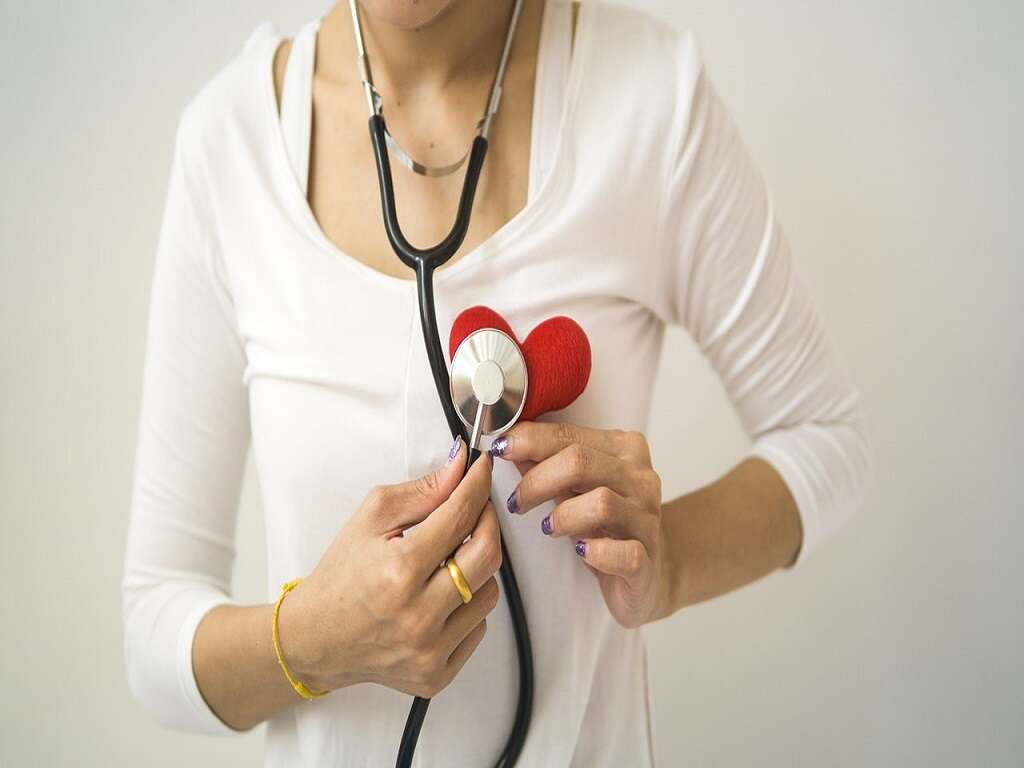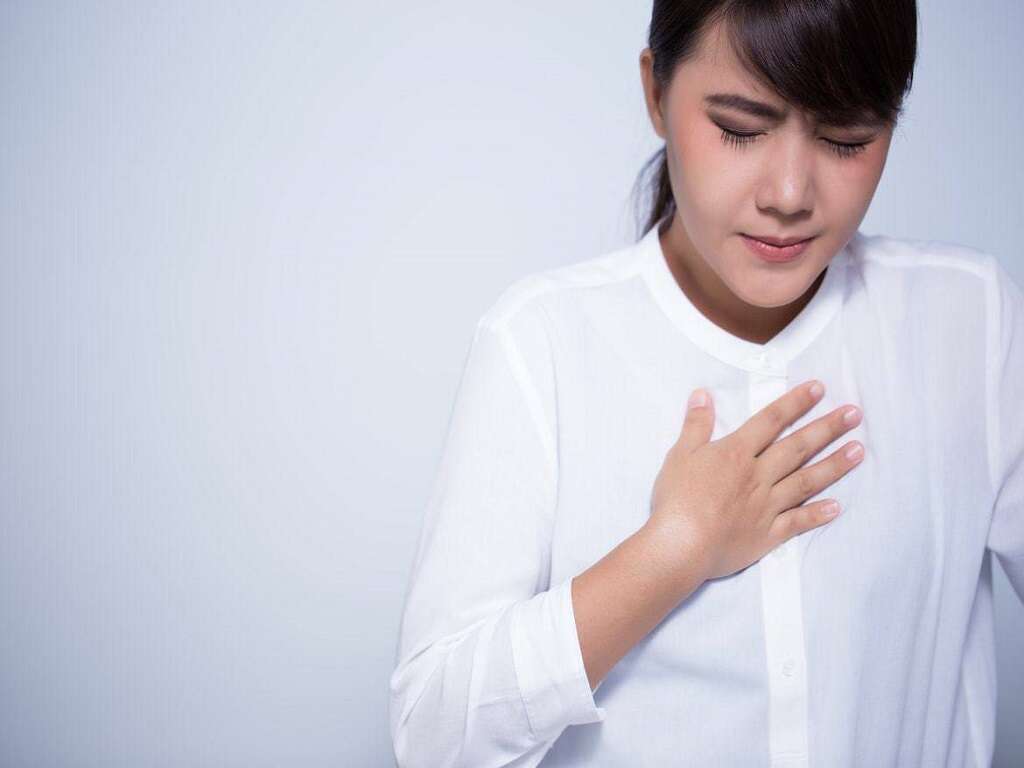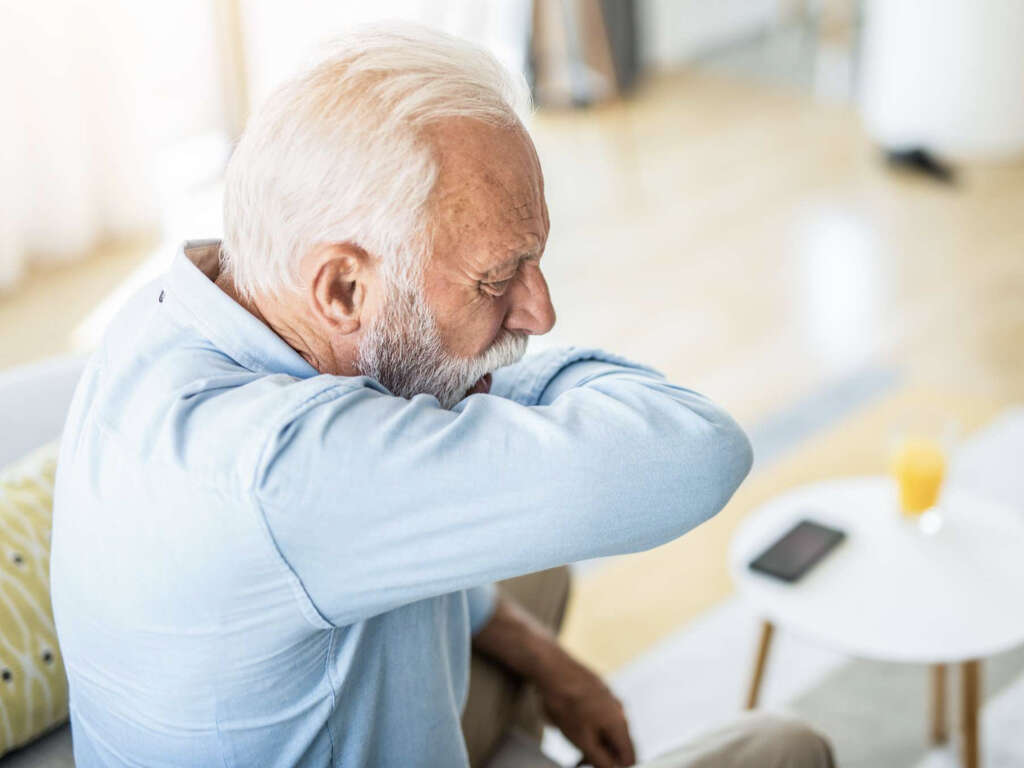10 Cor Pulmonale Symptoms
 Article Sources
Article Sources
- 1. Garrison, Daniel M., et al. 'Cor Pulmonale.' StatPearls /[Internet/], Treasure Island (FL): StatPearls Publishing, 2021, www.ncbi.nlm.nih.gov/books/NBK430739/
- 2. Tidy, Colin. 'Cor Pulmonale.' Patient, 30 Dec. 2016, patient.info/doctor/cor-pulmonale
- 3. 'Syncope (Fainting).' Johns Hopkins Medicine, Based in Baltimore, Maryland, www.hopkinsmedicine.org/health/conditions-and-diseases/syncope-fainting
- 4. Towers, M. K. 'Chronic Cor Pulmonale.' Postgraduate Medical Journel, vol. 42, 1966, pp. 506-512, pmj.bmj.com/content/postgradmedj/42/490/506.full.pdf
- 5. 'How Oxygen Affects the Extremities.' Lung Health Instititute, 28 Mar. 2016, lunginstitute.com/blog/oxygen-affects-extremities/
Fainting
People with cor pulmonale may faint. Fainting, medically known as syncope, is a sudden and short period of unconsciousness. It happens when there is a temporary decrease in the amount of oxygenated blood reaching the brain.3‘Syncope (Fainting).’ Johns Hopkins Medicine, Based in Baltimore, Maryland, www.hopkinsmedicine.org/health/conditions-and-diseases/syncope-fainting
If fainting occurs as a result of cor pulmonale, it typically occurs upon exertion. For example, an individual may pass out when exercising. Immediately before fainting, an individual may feel lightheaded or nauseous or experience blurred vision or slurred speech. Generally, people recover consciousness soon after fainting.
Advertisement











